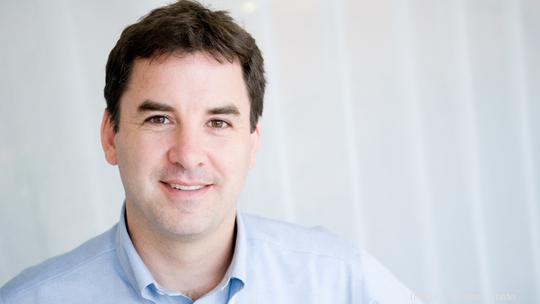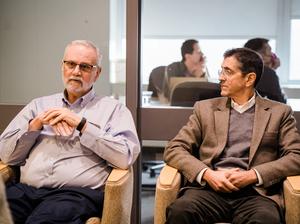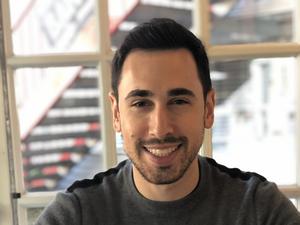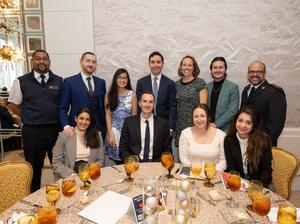
Tim Rowe co-founded Cambridge Innovation Center more than two decades ago to create a space where his group of entrepreneurial friends could co-locate and build their ventures in a fun, collaborative environment.
After securing its first space, CIC quickly grew beyond that friend group, Rowe said, going from housing just a few companies to several thousand around the world. Rowe calls it a space “by entrepreneurs, for entrepreneurs.”
Now, CIC has campuses around the world that total more than 1 million square feet of shared workspace, wet labs and event space. CIC operates in Boston; Cambridge; Philadelphia; Providence; St. Louis; and Rotterdam, Netherlands. Most recently, CIC opened campuses in Tokyo, Japan, and Warsaw, Poland. The organization said it has around 2,200 active clients globally.
Rowe recently sat down with BostInno to discuss opening new workspaces during the pandemic, how they pick the next innovation campus location and more. This interview has been lightly edited for length and clarity.
How is CIC different from other co-working spaces that have popped up over the years, like WeWork and Workbar?
An entrepreneur came up to me in our Tokyo facility recently and said, “I just need you to know that this place changed my life.” And I said, in what way? And she said, “I found my people here.” I don’t actually hear that as much from the places that are mostly just renting offices.
We’re also staffed and operate in a different way. We have huge teams that do nothing but set up entrepreneur gatherings. We call that Venture Café. I don’t think other places do that at all. We got to the point, just before Covid, where across our locations, we had more people coming to our Venture Café gatherings than attend the South by Southwest event in Austin every year.
CIC opened new locations in Tokyo and Warsaw during the pandemic. What did those openings look like?
Both opened during Covid. Obviously not something we could have foreseen. And arguably the worst possible time to open more real estate. In the height of Covid, in some places it wasn’t even legal to go into the office. In Japan’s case the borders were closed. And we had imagined that something like half of the folks at CIC Tokyo would be from outside Japan, coming to Japan, setting up new businesses in Japan. And that was a hard no.
What has the rebound looked like as people start to come back together after the height of the Covid-19 pandemic?
Both Tokyo and Warsaw are over 90% full and in both places we’re actively working with our landlords to double the size of those spaces.
How do you decide where to open new campuses?
We did some analysis a little while back and we concluded that there were about 50 cities in the world that are heavy into innovation. They’ll have universities like MIT, lots of startups, venture capital, larger companies doing really interesting basic research. And as a first cut, we’ve said that we’d really like to build one of these innovation campuses in each of those 50 cities.
CIC has campuses in the U.S., Europe and Asia. In what places might you be interested in expanding beyond that?
My next meeting, just to give you an idea, is with the prime minister of an African country. It’s Cape Verde. And we’re talking about how do you transform an African nation with innovation. What are the avenues? If we can come up with it, we’re really interested in creating an innovation campus there as well.
(CIC’s design studio is located in Cape Verde. Rowe said the Tokyo office was designed by architects in Cape Verde.)
What role do you hope CIC campuses will play in their local communities?
An innovation campus, when done right, becomes kind of the warm heart of a city’s innovation community.
In Japan, for instance, the Japanese prime minister came and announced his five-year plan for making Japan a startup nation at CIC Tokyo. And he could have gone anywhere. And the fact that we’re a foreign organization probably was a knock against us, but he thought that we had become this place that was sort of perceived as the center of this community. And that’s our goal.
BBJ Seven Letter poll: What is the most important factor when considering whether or not to stay with your current employer? Answer our brief questionnaire here.








